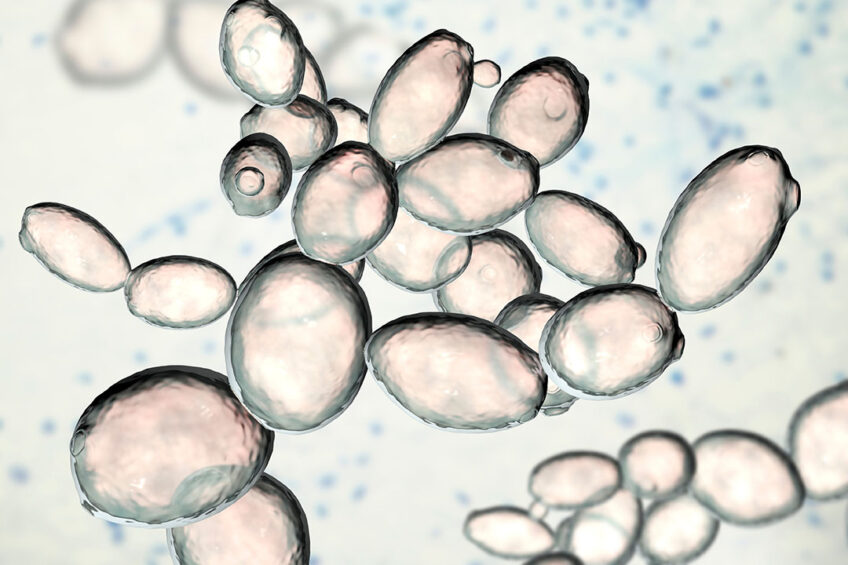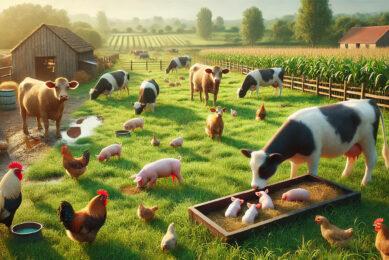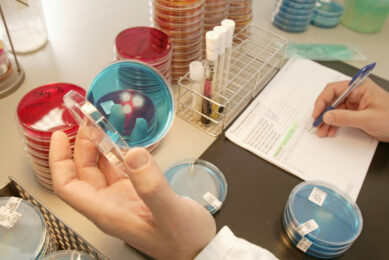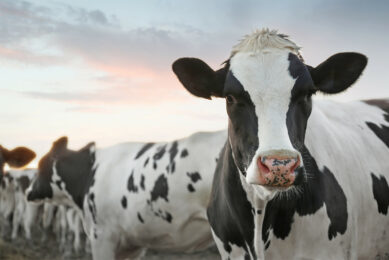Improving gut health with a second generation MOS

Gut health, what does it mean and what are the benefits of its improvement in animal production?
A healthy gut is synonymous of a functional gut, a gut that can perform its functions as expected in animal production constitutes good animal health. The functions of a gut encompasses a number of physiological and functional features, including nutrient digestion and absorption, host metabolism and energy generation, a stable microbiome, mucus layer development, barrier function, and mucosal immune responses.
Improvement of the gut health can be achieved by the use of additives in animal feed, so it is important to highlight that Saccharomyces cerevisiae yeast derivative products such as autolysed yeast, products rich in mannan oligosaccharides (MOS) and dietary nucleotides play an important role in gut functionality and health, through enhanced nutrient digestibility, improved villi development, improved gut barrier function and local defences. Considering all these options, a complete feed programme for the different production phases can be defined by adding yeast derivative products to enrich animal nutrition, improve gut health and reduce the use of antibiotics.
Second generation MOS
HyperGen (Biorigin) is a second generation MOS that was developed to supply highly soluble mannans, which allows the partial exposition of β-glucans, resulting in a potent prebiotic effect and a local immune-modulating action. In order to understand the benefits of HyperGen, you need to understand MOS mode of actions. It is known that the digestive tract in an animal needs to have well-balanced microflora for normal functioning, and MOS can contribute to reducing the load of pathogenic bacteria and enhancing the growth of beneficial bacteria. The adhesion of bacteria with harmful effects for animals is carried out by type-1 fimbriae (Ex.: Salmonella and E. coli), which contains mannose-specific lectins, and it has a high affinity on intestinal mucosa. MOS works by binding with type-1 fimbriae, so bacteria move through the intestine without colonising. Researchers also observed an increase in the synthesis of goblet cells, that are present in the villi membrane of the intestine and are responsible for secreting mucins, which competitively bind to the bacteria and support the clearance of pathogens from the intestine. MOS was also related to long villi and shallow crypts in the intestine, so a larger surface area helped with the absorption of nutrients and improved animal performance.
Pathogens associated molecular patterns
Another MOS effect is the improvement of cellular, humoral and mucosal immunities. In the intestine are present a variety of macrophages as components of gut-associated lymphoid tissue (GALT), that recognise pathogens by a unique type of molecules that are only on microbes, called ‘pathogens associated molecular patterns (PAMP), present in MOS and others yeast cell wall components. Consequently, MOS bind with the PAMP receptors present on defence cells of GALT and then triggers the immune system.
A study was carried out to investigate the impact that HyperGen had on gut health and performance in weaned piglets challenged with E. coli K88 and supplemented with 0.1% of HyperGen for 11 days (Table 1). Piglets challenged and supplemented with the second generation MOS had a greater final body weight and ADG than challenged and non-supplemented animals. The supplementation improved the FCR of piglets and enhanced the number of proliferating cells in the lymphoid tissues of the ileum and mesenteric lymph node, and it was also observed longer intestinal villi.
Improved piglet performance
In conclusion, the supplementation of the soluble prebiotic improved weaned piglets’ performance, especially those under challenged conditions. It was proven that the potent prebiotic effect of HyperGen had a positive impact on gut health which encouraged natural intestinal defences and performance.
Author:
Eliana Dantas, Biorigin Global Technical Manager, Monogastric
Join 13,000+ subscribers
Subscribe to our newsletter to stay updated about all the need-to-know content in the dairy sector, two times a week.







